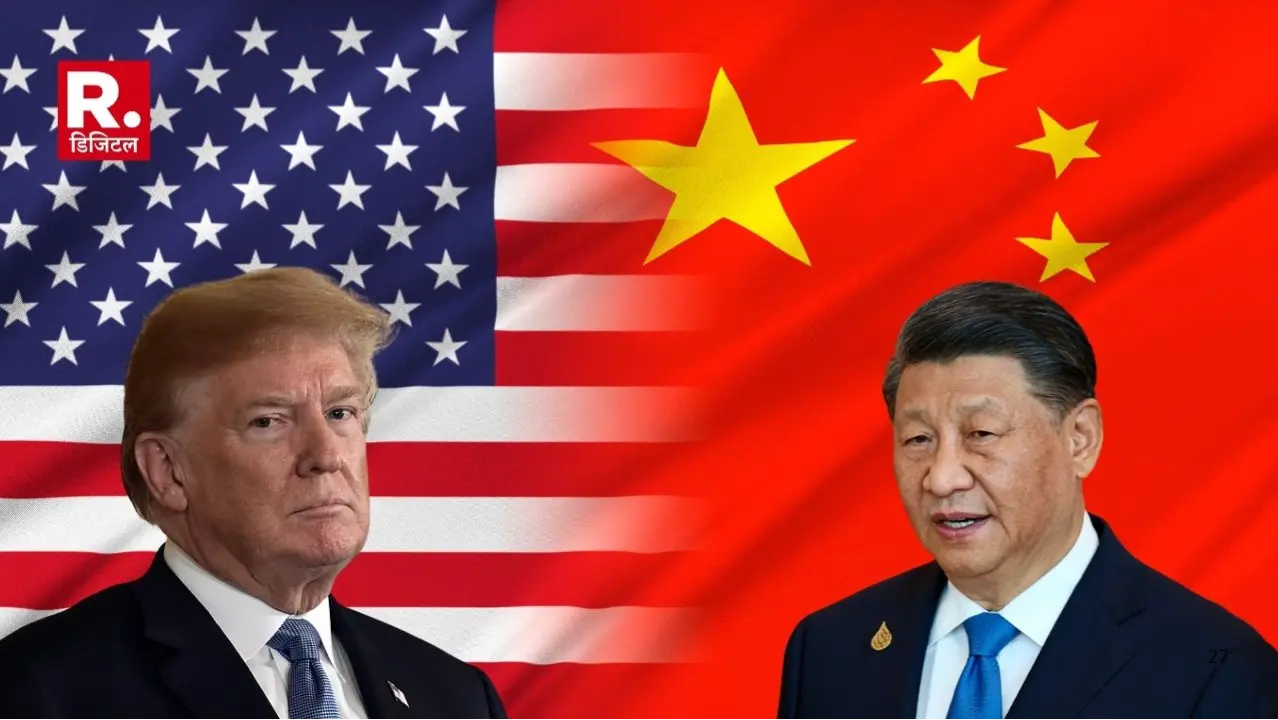Updated 12 May 2025 at 17:45 IST
U.S. and China Strike Major Tariff Truce: Trade War Paused, But Not Over
The U.S. has agreed to suspend key executive orders that had piled 115% in additional tariffs on Chinese imports.
- Republic Business
- 2 min read

The United States and China have reached a long-awaited truce in their bitter trade war, agreeing to slash tariffs and suspend several retaliatory measures following high-stakes talks in Geneva. The deal, announced Monday, marks the most significant de-escalation between the world’s two largest economies in years.
Under the agreement, Washington will reduce its maximum tariff rate on Chinese goods from 145% to 30%, while Beijing will lower its own from 125% to 10%, with changes taking effect by Wednesday. While the rollback offers significant relief, it stops short of a full reset. Tariffs imposed before April 2 — including many from former President Donald Trump’s era — will remain in place.
Partial Pullback, Not a Peace Treaty
The U.S. has agreed to suspend key executive orders that had piled 115% in additional tariffs on Chinese imports. A special 90-day suspension will bring “Liberation Day” tariffs down from 34% to 10%, while tit-for-tat duties imposed since early April will be removed entirely.
China mirrored this de-escalation, cutting most new tariffs to 10%, but tariffs from earlier rounds, including punitive fentanyl-linked duties, keep Beijing’s effective burden closer to 30%.
Non-Tariff Tensions Eased — But Not Ended
In a key concession, China has pledged to unwind non-tariff countermeasures enacted since April, including blacklisting of certain U.S. defense and tech firms, an anti-dumping probe into DuPont, and expanded control over rare earth exports. However, the fate of restrictions imposed before April — including a March blacklist of U.S. firms and a February investigation into Google — remains uncertain. The wording of the agreement only mandates rollback of measures after April 2.
Rare Earths Still in the Shadows
One major question mark is China’s April move to tighten global exports of seven key rare earth elements, which affected all countries. Since the policy wasn’t explicitly U.S.-targeted, it’s unclear whether it will be rolled back under the agreement. The Ministry of Commerce has yet to clarify the issue, and industry sources remain skeptical. U.S. buyers are still bracing for prolonged licensing delays.
Advertisement
Read This Also: Everything You Need to Know About Israel’s Smart SPICE Bomb
Published By : Rajat Mishra
Published On: 12 May 2025 at 17:45 IST
